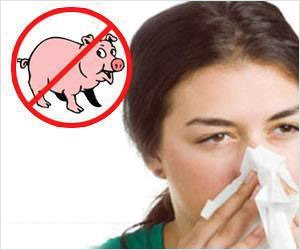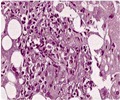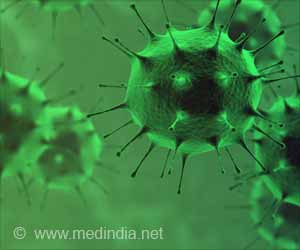South Korea confirms its fourth case of African Swine Fever this year, prompting intensified measures to contain the disease among pig populations.

‘#Swineflu not only affects humans but also poses a significant threat to the health and welfare of pigs, impacting agriculture and food production.’





What is Swine Fever?
This is a highly contagious viral disease caused by the African Swine Fever virus (ASFV), a large DNA virus belonging to the Asfarviridae family. ASF is known for causing severe hemorrhagic fever in domestic pigs and wild boar. Symptoms are similar to those of CSF and include high fever, weakness, loss of appetite, skin lesions, and internal bleeding. ASF is especially dangerous as there is no vaccine available, making control measures such as culling and strict biosecurity essential to prevent outbreaks.The government issued a 48-hour standstill order for pig farms and related facilities in the nearby region, Yonhap news agency reported.
ASF does not affect humans but is deadly to pigs. There is currently no vaccine or cure for the disease. The Ministry said the case will have a limited effect on the local pork market while calling on farms to thoroughly abide by the necessary quarantine steps.
Source-IANS













